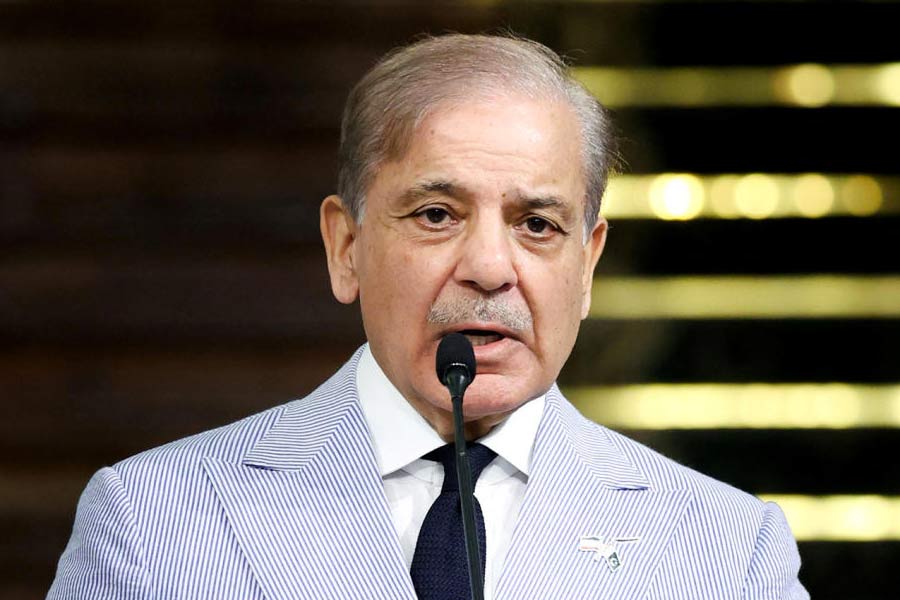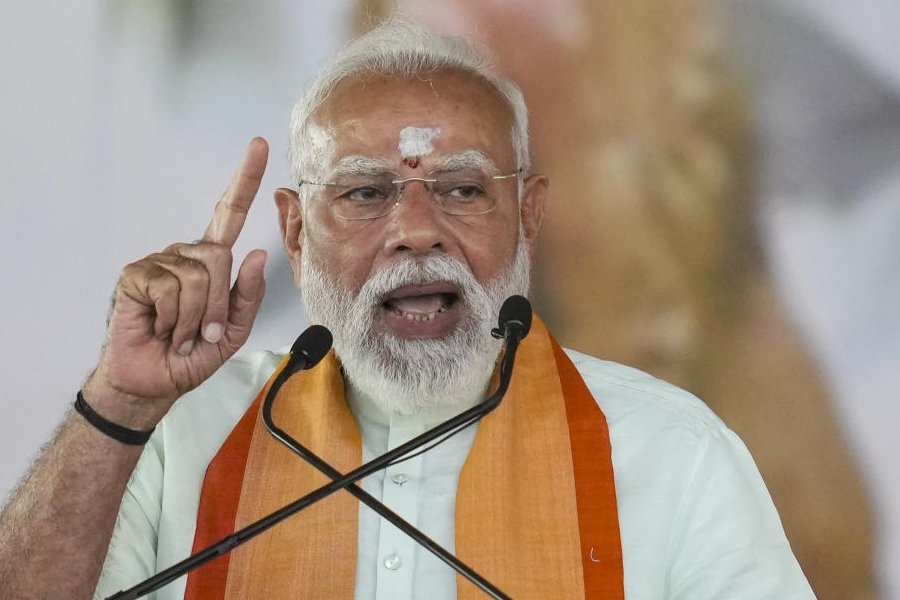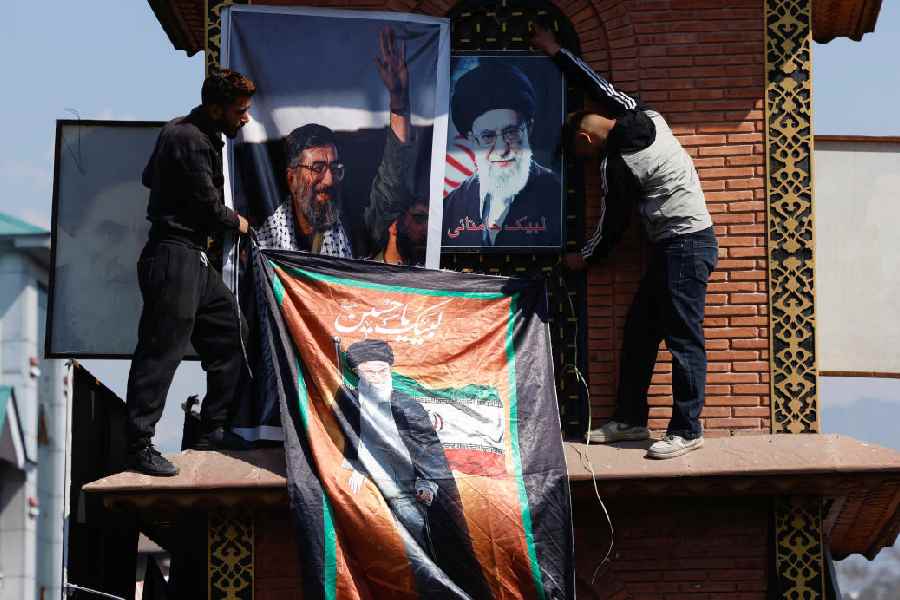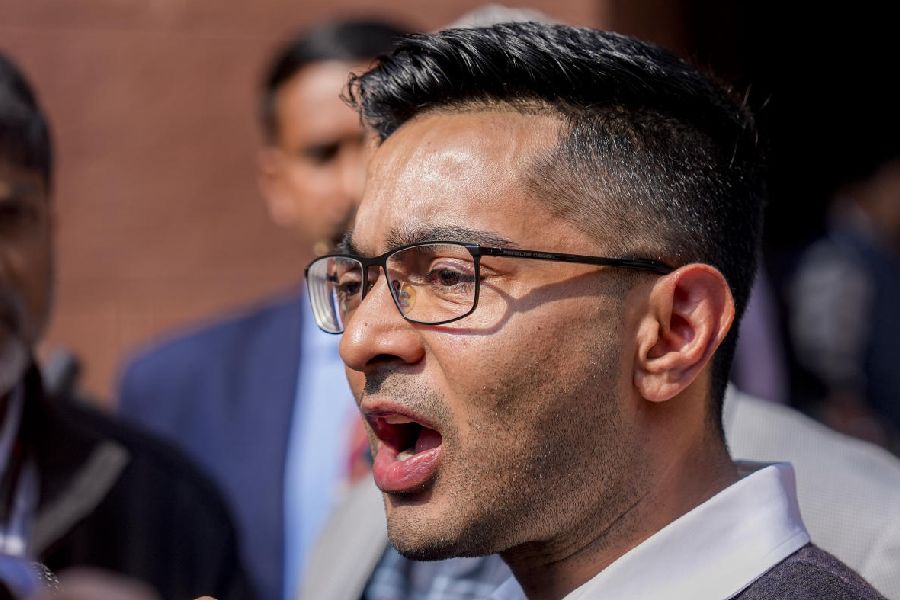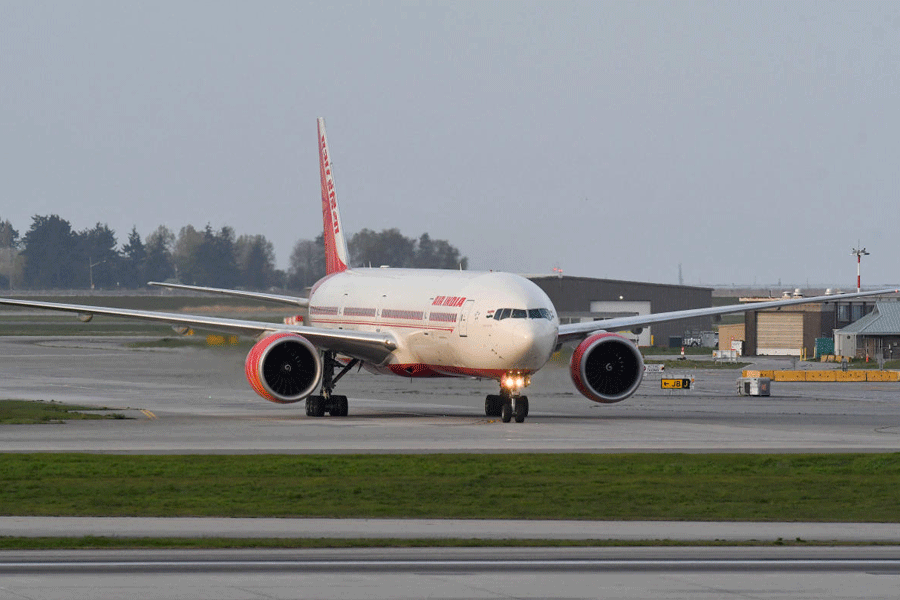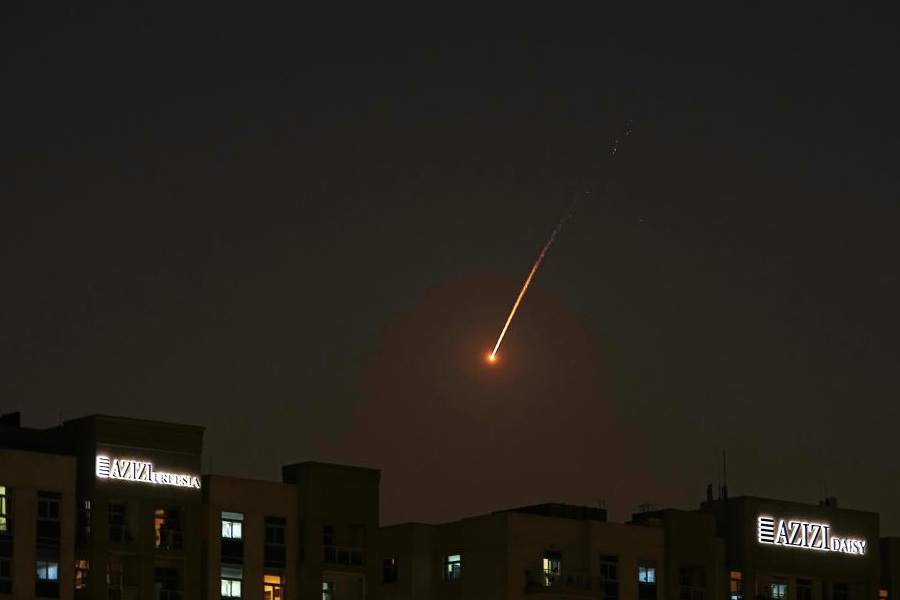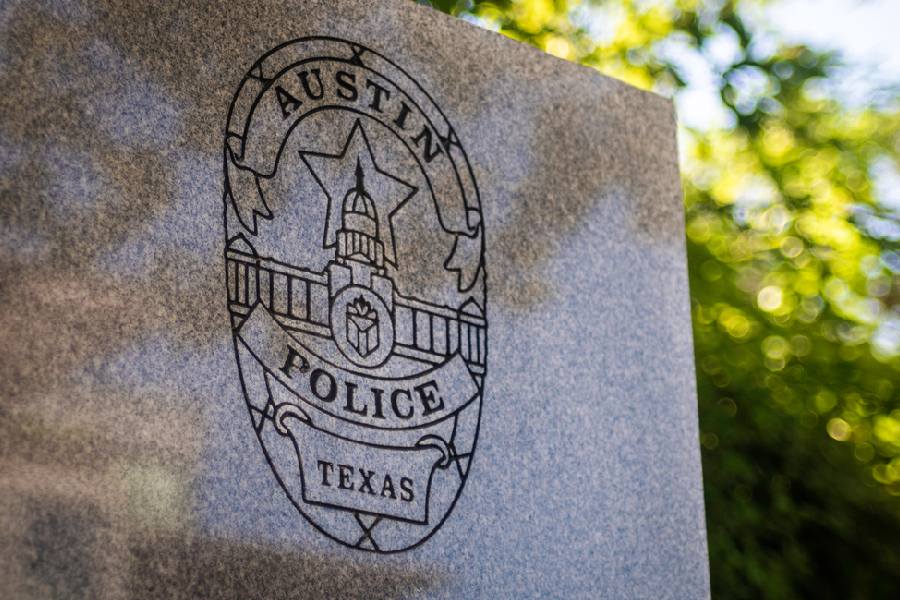Pakistan Prime Minister Shehbaz Sharif has once again confirmed that Indian missiles, including the supersonic BrahMos, struck multiple locations deep inside that country, including the Nur Khan Airbase in Rawalpindi, in Operation Sindoor.
Speaking at the Pakistan-Turkiye-Azerbaijan Trilateral Summit in Lachin, Azerbaijan, Sharif described how India launched missile attacks before Islamabad could carry out its planned response.
“We on [May] 9th and 10th night decided to respond in a measured fashion to Indian aggression,” he was quoted as saying. “And we had decided that at 4:30 in the morning after Fajr prayers, Pakistan armed forces led very ably by our Field Marshal Chief Army Staff sitting here, Syed Asam Munir to teach a lesson to our enemy. But before that hour reached India again launched missile attacks, BrahMos and hit Pakistan's various provinces, including the airport in Rawalpindi and other places.”
Sharif had earlier acknowledged the same events, stating at another event: “At around 2.30am on May 10, General Syed Asim Munir called me on secure line and informed me that India's ballistic missiles have hit Nur Khan Airbase and other areas.”
The strikes were part of India's Operation Sindoor, launched in early May following the April 22 terror attack in Pahalgam that killed 26 people. India targeted nine terror launchpads in Pakistan and Pakistan-occupied Kashmir, killing over 100 militants. It was followed by the destruction of 11 Pakistani airbases after failed retaliatory attempts by Pakistan on May 8, 9, and 10. Hostilities de-escalated after military officials from both sides agreed to a ceasefire in a meeting between the Directors General of Military Operations on May 10.
Sharif used the summit platform to once again call for dialogue with India. “We must sit together and talk for the sake of peace… There are issues that demand immediate attention and must be addressed through dialogue,” he said, as quoted by Dawn. He reiterated his position on Kashmir, saying, “That requires talks on the table on issues which need urgent attention and amicable resolution, that is the issue of Kashmir according to the resolutions of the United Nations and the Security Council and as per the aspirations of the people of Kashmir.”
He also expressed Pakistan's willingness to discuss counter-terrorism and trade. “If India wants to talk on countering terrorism in sincerity of purpose, Pakistan would be willing to talk to India on this issue as well,” he said. Additionally, he criticised India’s decision to suspend the Indus Waters Treaty, calling it a “lifeline” for Pakistan’s agriculture and daily needs.
India has firmly rejected these overtures. external affairs ministry spokesperson Randhir Jaiswal iterated New Delhi’s position: “Terrorism and talks cannot go together… Talks on J&K will be held only on the vacating of PoK and when Pakistan hands over the territory to us.” On the water issue, he added, “Water and blood cannot flow together,” confirming that the Indus Waters Treaty will remain suspended until Pakistan “credibly and irrevocably abjures its support to cross-border terrorism.”

